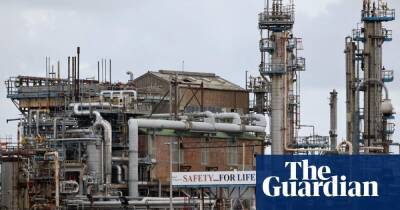Are we misguided about Bitcoin mining's environmental impacts? Slush Pool's CMO Kristian Csepcsar explains
It's a controversial topic in the blockchain community that comes up from time to time — just how much impact Bitcoin (BTC) mining has on the environment. Last year, Tesla's CEO Elon Musk brought forth a sharp correction in the cryptocurrency market by tweeting that his namesake car company would abandon plans to accept BTC, citing "rapidly increasing use of fossil fuels for Bitcoin mining and transactions." However, a recent report published by CoinShares notes that despite the widespread use of coal, oil, and gas for Bitcoin mining, the network accounts for less than 0.08% of the world's CO2 production.
During an exclusive interview with Cointelegraph, Kristian Csepcsar, chief marketing officer at Slush Pool, the oldest Bitcoin mining pool, gave insight on what he believes are current misconceptions regarding Bitcoin mining's environmental impact. When asked about the drawbacks of using electricity derived from oil and gas mine Bitcoin, Csepcsar says there are more than meets the eye:
Flaring is the process of burning surplus natural gas during oil extraction due to a lack of pipeline infrastructure to bring it to market. Recently in the U.S. and Canada, Bitcoin miners have found clever ways to instead funnel the natural gas to generate electricity, instead of simply burning it into the atmosphere, thereby solving a critical environmental problem.
But Csepcsar remains skeptical of certain renewable sources of Bitcoin mining, calling them "marketing noise.", specifically, solar energy. As tells Cointelegraph:
Cespcsar further elaborates that approximately 70% of all solar panels are produced in China and that there has not been a lot of research on the environmental impact during their manufacturing process:
On a final note,
Read more on cointelegraph.com






















